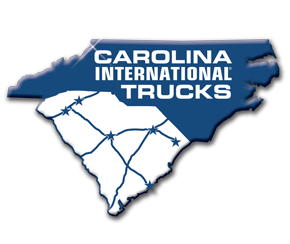The Teamster Union Pushes for Commercial Truck Exemptions in Driverless Vehicle Legislation
Federal legislators are expected to discuss a bill regarding self-driving vehicles in September. Currently, there is a maximum number of vehicles permitted to not have certain safety features or steering wheels: namely, self-driving cars. The legislation would change that cap from 2,500 to 100,000. However, the Teamster union successfully acted to create an exemption for commercial trucks.
What does this mean for the truck driving industry?
Provided the exemption sticks to the bill, the number of commercial trucking vehicles allowed to operate without steering wheels and safety features will not increase, and this exemption applies to vehicles over ten thousand pounds. Temporarily, this may stymie the development of self-driving cars that are designed to be entirely driverless and will leave the vast majority of trucking jobs for traditional commercial trucks. However, this measure is likely to only be temporary as much and more technology giants such as Uber, Tesla, and Alphabet, the parent organization for Google, invest in self-driving commercial trucks.
It's also unclear what impact this bill will have on automated and autonomous vehicles that are expected to start operating at warehouses and ports. These onsite machines will handle small-scale deliveries within the premises and were already anticipated as the industry's first major move into driverless technology.
The Teamsters have also opposed crowdsourcing logistics initiatives lead by states that would help design the most fuel-efficient routes for truck drivers based on driving behaviors, weather, and road conditions. If you want to follow the progress of self-driving cars, crowdsourcing programs, and other technological changes in the commercial trucking industry, go to Carolina International for more news.


